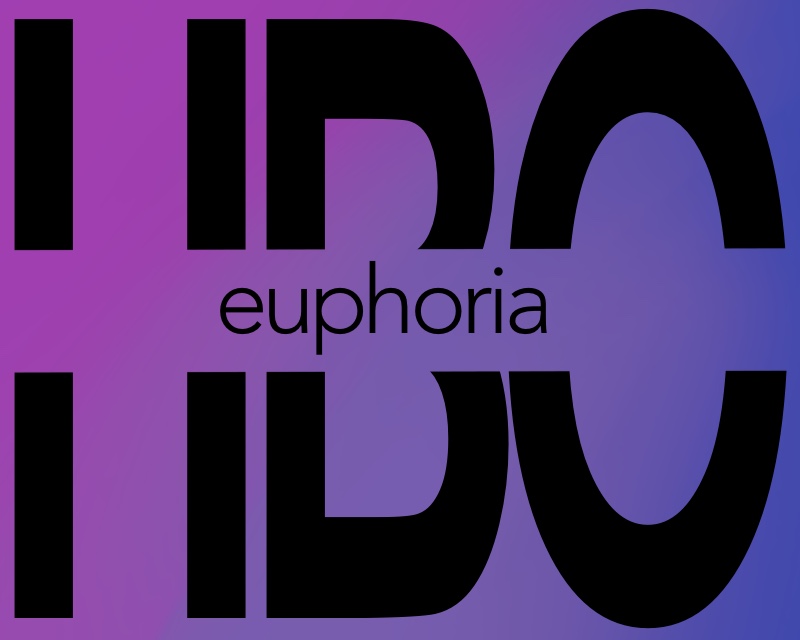Euphoria, an American TV show produced by director Sam Levinson and television network HBO, stole the entertainment spotlight this year, presenting not only a captivating story addressing powerful issues like drugs, friendships/love and sex, but also stunning visuals and videography. Starring top tier actress Zendaya as the lead role of “Rue,” the show navigates issues through the stories of individuals in her town also clearly emphasizing and building each character’s unique qualities. Although this show does not physically restrict viewers of any age level, it is rated as TV-MA, which implies that this series was designed for mature audiences as it contains explicit language, violence, and sexual activity.
“I think Euphoria really captured a lot of people’s attention for a multitude of reasons,” said Minyoung Huh (12), a big fan of Euphoria. “From the representation of Rue’s depression that many have described as accurately reflecting their own to the realistic villain of toxic masculinity seen through Nate, Euphoria, with its makeup, lighting, and aesthetics built a dream like fantasy, drenched in reality. It’s surreal, but all too real at the same time. The viewing experience itself can even be described as an euphoric ‘uwu,’ an overwhelming feeling of happiness.”
Receiving a rating of 8.4 for IMDB, 82% for Rotten Tomatoes, and 94% for Google reviews, many viewers all around the world have expressed enjoyment regarding the content. Because this series focused on presenting a story of how a group of teenagers deals with issues of love and friendship, teen viewers began uploading reviews on websites like Instagram and YouTube sharing their thoughts and opinions on the addressed issues.
“I don’t believe in censorship,” said Jessica Terbrueggen, an avid TV show fan. “I feel like speaking about important social issues, such as drug usage, on a public platform for teenage viewers can help stimulate real dialogue. However, I also believe that there is a fine line between discussing these issues and exploiting them, as it is possible for a show to glorify activities such as drug usage and alcohol in order to appeal to a younger audience, which in turn can have an unhealthy effect. Ultimately, I think the portrayal of these issues can be effective if it contains even the slightest potential to prompt conversations about it.”
However, Euphoria has left an especially strong impact on viewers in Korea and especially in SIS. Considering the conservative and competitive ideals of Korean culture embedded in our daily lives, SIS viewers expressed fascination and intrigue toward the portrayal of these teenagers. Although the show is meant to broadcast teenage activities, many scenes shown on screen are far more dramatized from the reality of teenagers living in Seoul.
“Euphoria’s portrayal of unrestrained and intense perceptions of relationships, drugs, and identity was undeniably most drawing,” said Jenny Oh (12), an avid viewer of Euphoria. “At certain times, I found myself having difficulty relating to a few of its plot-driving occurrences; in Korea, drugs are not a frequent center of conversation, let alone addiction, due to their social taboo and—of course—the federal law. Because of this, I would imagine very few to almost none of the SIS students having held personal experience dealing with narcotics in any circumstance. Aside from that, I particularly appreciated how the show presented an atypical spectrum of relationships and sexualities. Although different from that of Korean teenagers, I recognized that most of the issues that the show handled were prevalent in the culture and lifestyle that Gen-Z Americans led on the daily.”
With the last episode ending in cliffhanger for all characters, many viewers are anxious to see what Season 2 has to offer. Although it hasn’t been long since Euphoria first aired, due to its considerable popularity, HBO has announced that they have decided to renew Euphoria for Season 2.

